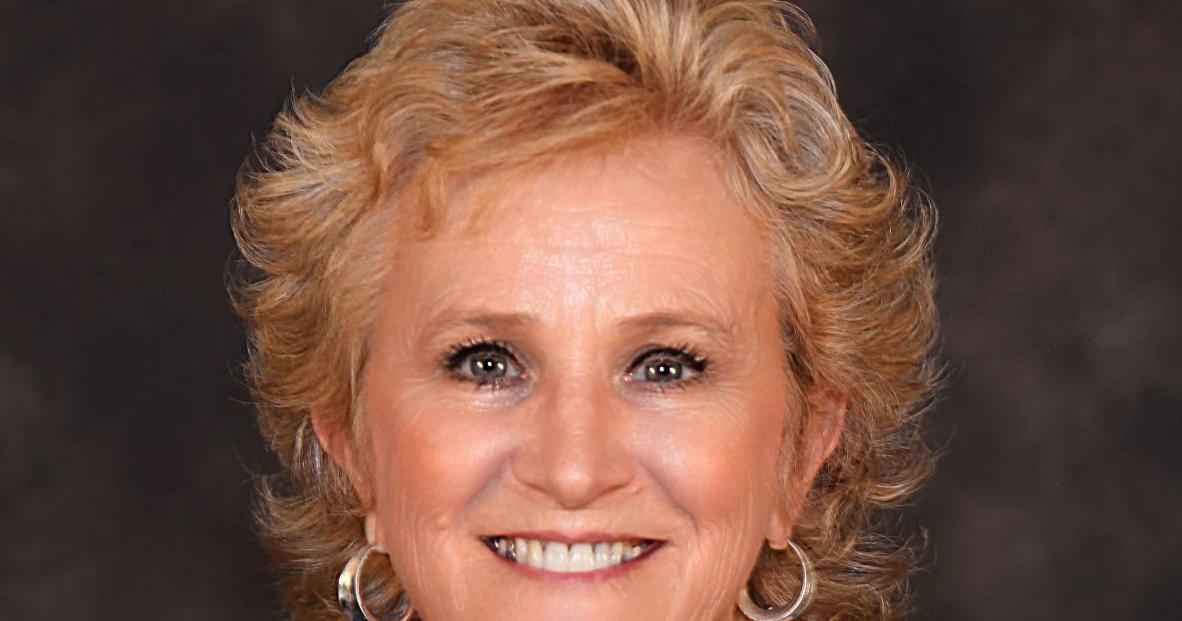Table of Contents
Editor’s note: This column, a repeat from last year, is a follow-up to the previous Health Care Buzz column.
Multiple adults are either on Traditional Medicare/TM already or are looking to move to Medicare as they turn 65 and have many questions about: Will Traditional Medicare always be the primary insurance after 65? Is there ever a time it won’t be? Great questions and as always, there are multi-layered answers.

Day Egusquiza
When Medicare began in 1965, it was the primary payer for all claims except for those covered by Worker’s Compensation, Federal Black Lung and Veteran’s Administration benefits. In 1980, Congress passed legislation that made Medicare the ‘secondary payer’ to certain primary plans in an effort to shift costs from Medicare to the appropriate private source of payment. This change is referred to as “Medicare Secondary Payer/MSP”. The MSP provisions apply to specific situations where another payment source is determined to pay primary and Medicare will pay secondary.
People are also reading…
Let’s look at the basic process and some common situations. (A full listing of the MSP coverage outline can be found at https://www.cms.gov. Centers for Medicare and Medicaid Services/CMS- shortened and referred to as Medicare/Traditional Medicare.)
1) Working Aged. Individual is age 65 or older, is covered by a Group Health Plan/GHP through their current employer or spouse’s current employer and the employer has 20 or more employees, then the Group Health Plan/GHP is primary. Medicare is secondary. If the employer has less than 20 employees, Medicare is primary. GHP is secondary.
2) Retired employee. Once the individual is retired, even if the employer offers insurance as part of their retirement package, Medicare will become primary. Retirement coverage is secondary.
3) Worker’s Compensation. Worker’s compensation pays primary for healthcare items or services related to job-related illness or injury claims. Medicare generally will not pay for a work-related injury or illness. If the worker’s comp claim is denied then Medicare will become primary.
4) No-fault insurance and liability insurance. Individual is entitled to Medicare and was in an accident or other situation where no-fault or liability insurance is involved. No-fault or liability insurance pays primary for the accident or other situation related healthcare services. Medicare pays secondary. If there is no medical or liability insurance, then Medicare will pay primary. Unfortunately, this process can take an extended period of time to resolve.

Let’s walk thru some choices as when turning 65, Medicare is now an option.
Healthcare providers are required to screen every Medicare patient, at each encounter, to determine who is primary. EX) The patient may have had a liability incident where follow-up care was still occurring. The initial visit and all follow-up related to the accident are billed to the liability insurance. This is identified during the registration process for each visit. Any other services the patient may need that are unrelated to the accident, Medicare could be primary if no other MSP situation is occurring. When in doubt, ask your healthcare provider as they are required to query for MSP situations and are trained on the regulations.
Day Egusquiza is the president and founder of the Patient Financial Navigator Foundation Inc. — an Idaho-based family foundation. For more information, call 208-423-9036 or go to pfnfinc.com. Do you have a topic for Health Care Buzz? Please share at [email protected].





More Stories
Ashwagandha’s Impact on Cortisol Levels in Stressed People
Health care cyberattack ‘likely one of the worst,’ expert says
Accessing Medicinal Cannabis in the UK: A Comprehensive Guide